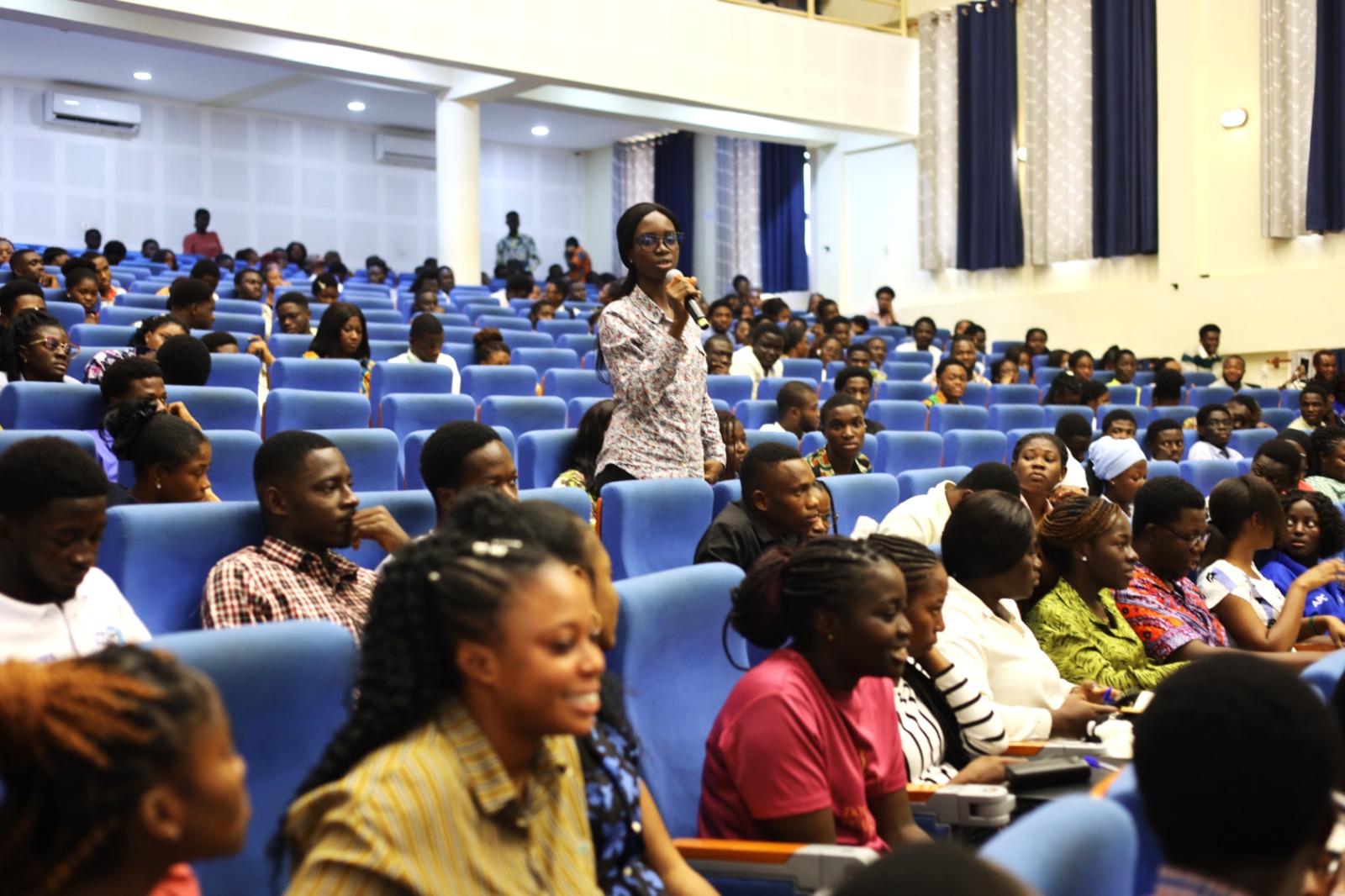Student leaders at KNUST have been advised to use social media responsibly and project a positive image of the University.
Assistant Registrar and Digital Communications Officer at the University Relations Office, Emmanuel Kwasi Debrah, told participants at a closing ceremony of a two-day training programme organised by the Directorate of Student Affairs that their online presence forms part of the University’s public image.
“You are brand ambassadors of the University. Be very intentional when you are on social media because you represent KNUST. Your presence should promote the University, not bring it down.”
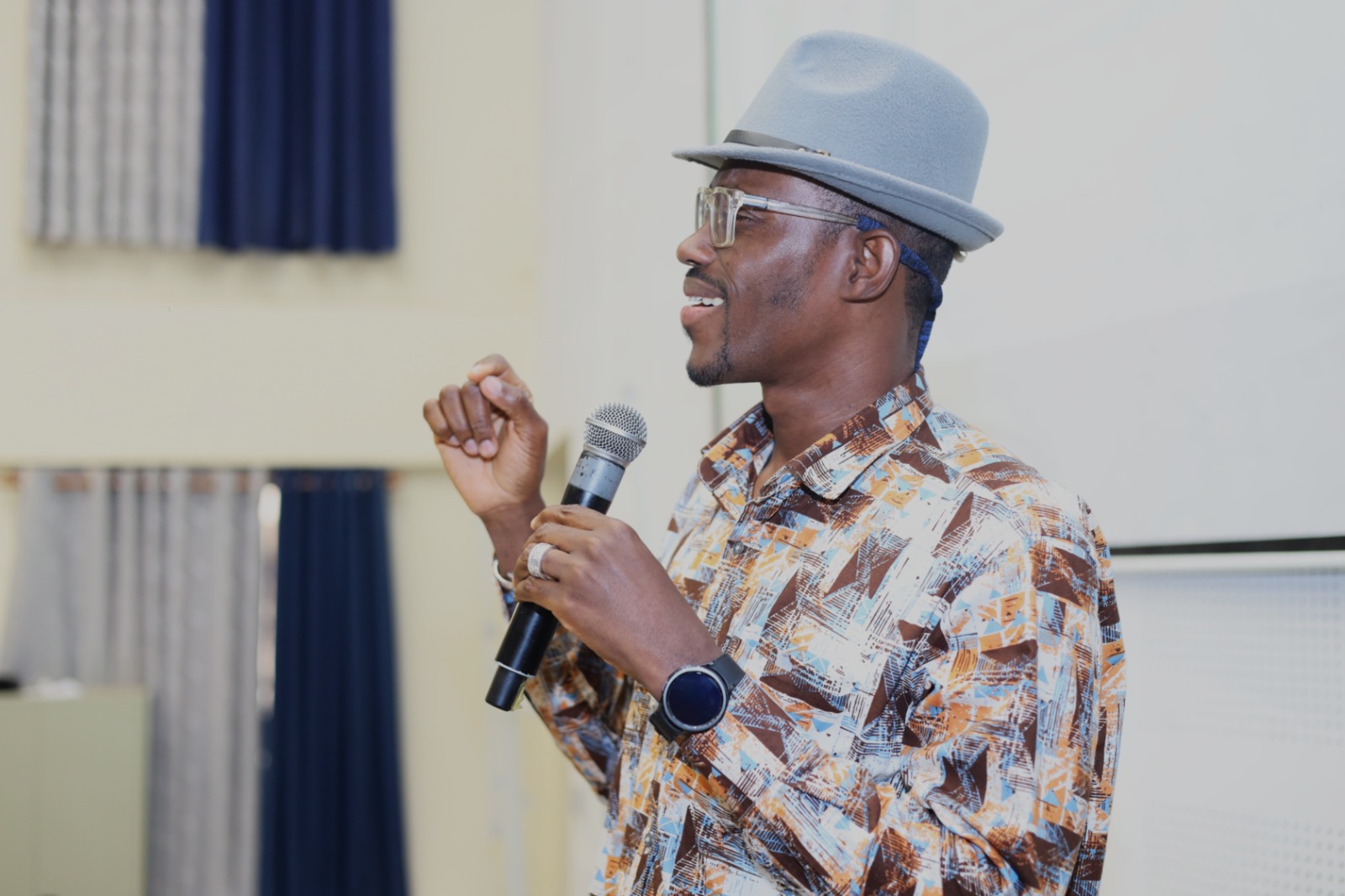
He encouraged them to highlight achievements, and stay active on professional platforms like LinkedIn.
“When you achieve something, let us know so we can amplify it. Social media is often the first point of contact people have with KNUST, and you have a duty to project a positive image.”
The training brought together newly elected student leaders from colleges, departments, and halls to prepare them for their roles in representing and serving students for the 2025/2026 academic year.
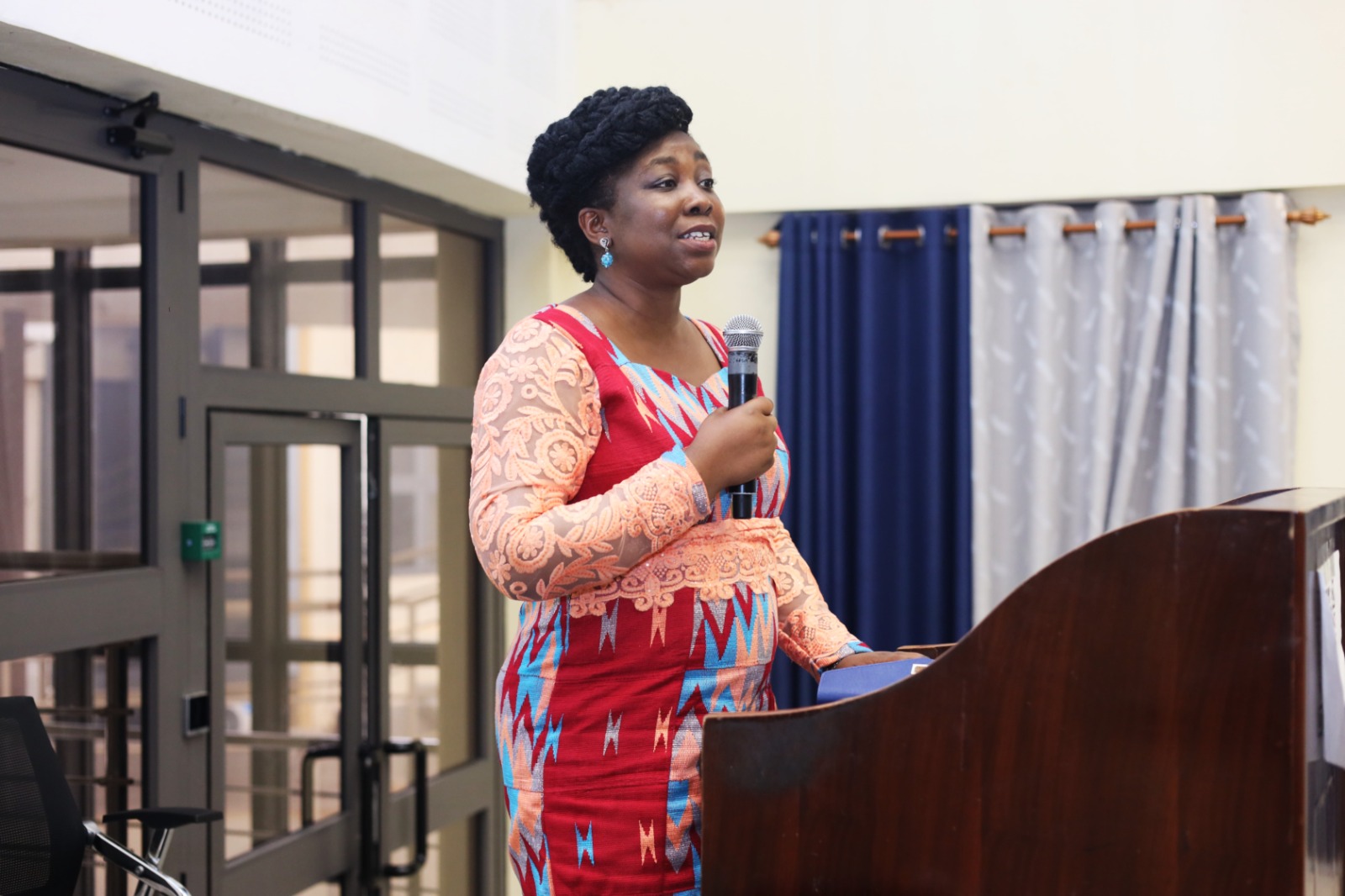
Speaking at the closing ceremony, Director of Student Affairs, Professor Marian Asantewah Nkansah, encouraged the students to put into practice the lessons they had received.
“You have gone through different sessions, from understanding the posture of the Directorate towards student leadership to learning about your rights and responsibilities. This should not be only a talk show. You are to make a meaningful change in your own lives and in the lives of others.” She summarised her closing remarks with what she called the “ACES” call to action. “A stands for Apply, apply what you have learned. C stands for Collaborate, work with your peers and with University officers. E stands for Empower, empower those you lead. And S stands for Stay Connected, continue to engage with the Directorate,” she said.
Prof. Marian also reminded the students that leadership requires balance. “Sometimes empowering others means giving them the opportunity to serve so you don’t burn out,” she advised.
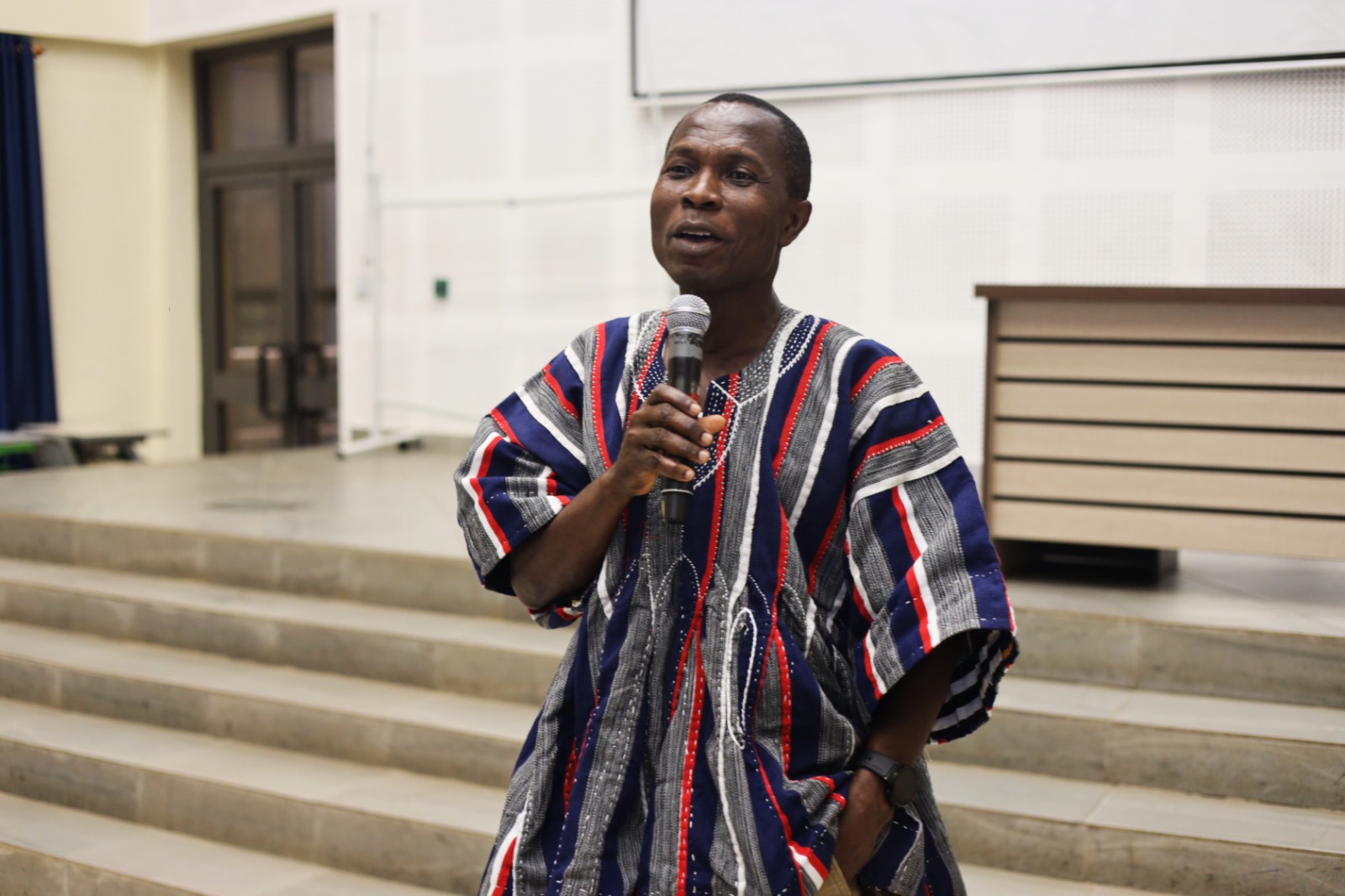
Deputy Director of Student Affairs (Conduct and Discipline), Professor Akwasi Acheampong Aning, reminded the participants that they remain students first and must prioritise academics. “Attend lectures, tutorials and other academic sessions. If you cannot attend, ask for permission.
Missing lectures can affect your eligibility to sit for examinations. Leadership is not an excuse to break the rules. The same regulations apply to all students, including student leaders. You can be removed from office if you go against university rules.” he said.
He also cautioned student leaders to be careful with sharing information on accommodation and other services. “If you share information that leads to a student being defrauded, you will be held responsible,” he warned.
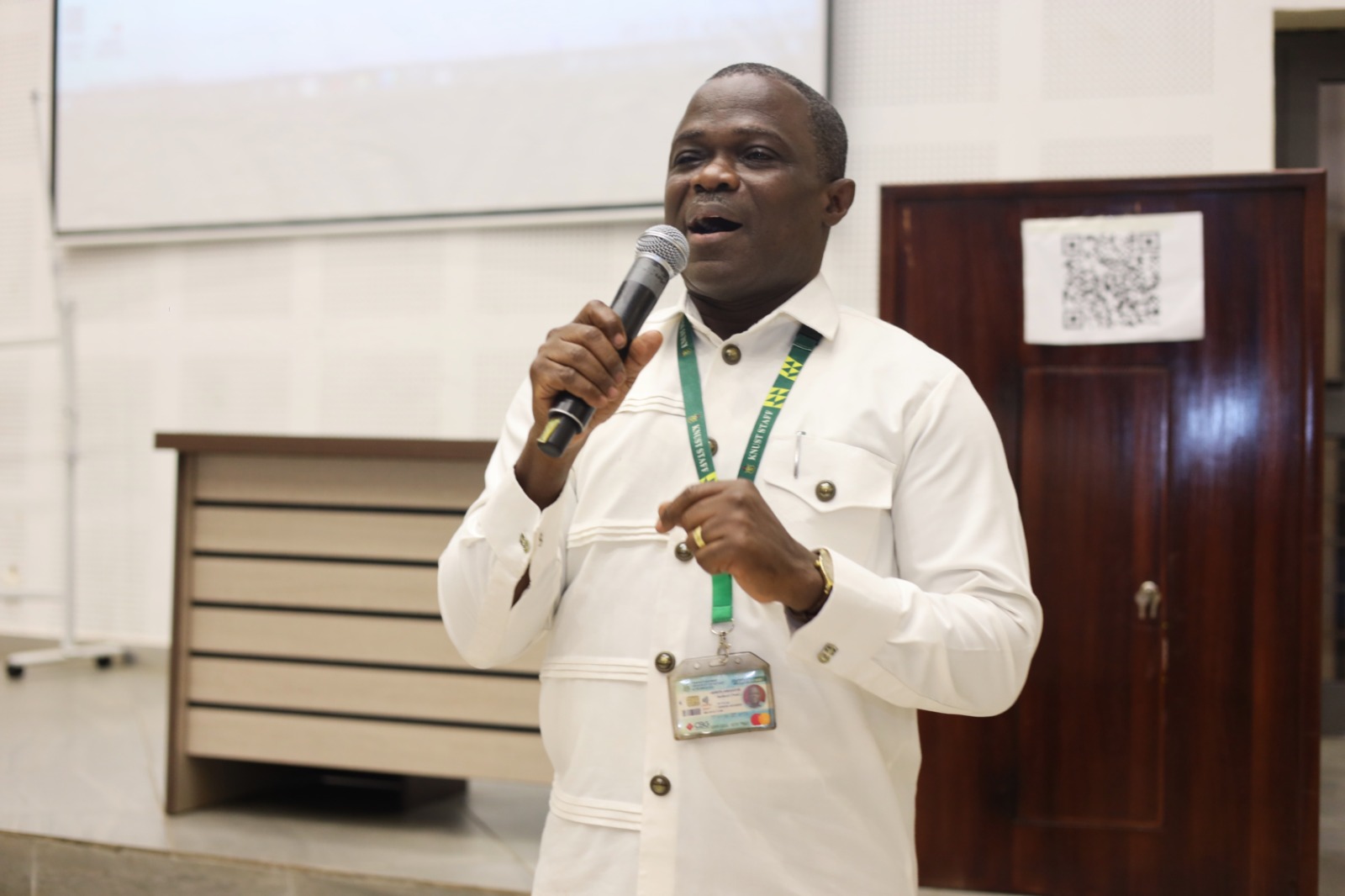
Deputy Director of Student Affairs (Housing and Welfare), Professor Samuel Amos-Abanyie, called on student leaders to make full use of the knowledge gained during the programme and highlighted the level of investment made by the University.
“I guess you all appreciate the resources that are poured into this in terms of planning and time. That should tell you how much management of DoSA and the University at large appreciate you and have confidence in you. This is all to prepare you, don’t see it as a lecture. Nobody is examining you on this. It is for you to apply. Reflect on our activities already, and don’t keep all of this to yourself. You should be reflecting and discussing how well you can put them to use.” Prof. Amos-Abanyie added that the training is for student leadership and personal growth. “Some sessions were to enhance your personal capacities; others were to help you function together as a team. This knowledge will help you go far, as far as your aspirations in leadership can take you.”
Participants expressed appreciation for sessions covering topics such as team building, conflict resolution, appointment processes, and mental health. The Directorate said it will continue to engage student leaders throughout the academic year.








